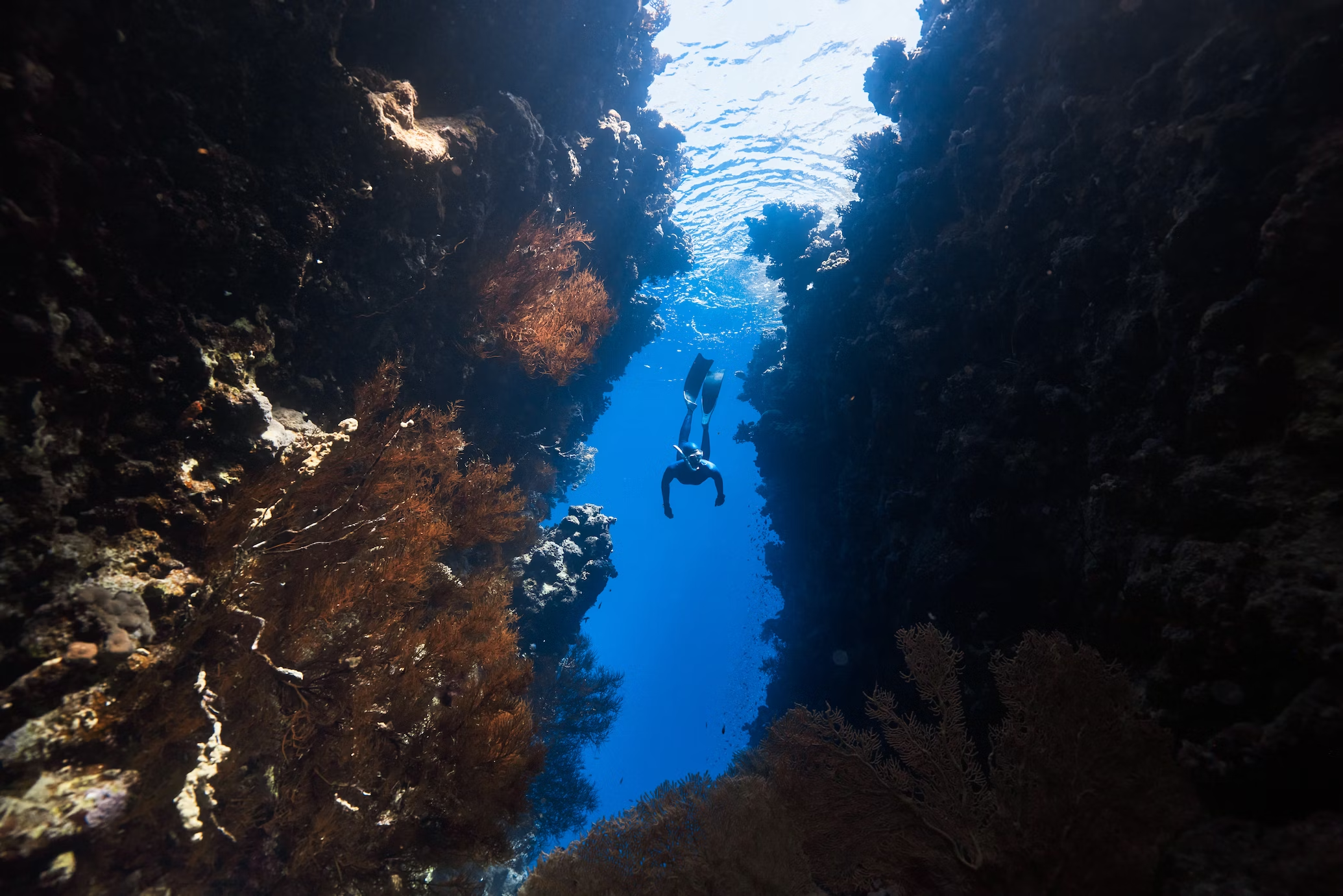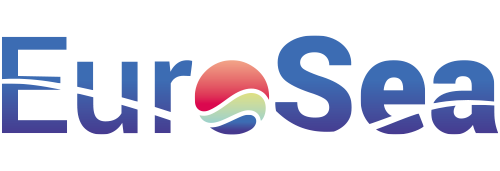
Description
The ocean plays a pivotal role in regulating the earth’s climate, supporting biodiversity, and providing resources for human livelihoods. To understand the health and status of the oceans, indicators are critical. As we continue to witness unprecedented changes in the marine environment due to human-induced factors, the need to effectively measure, interpret, and respond becomes paramount. Training the oceanographic community on the use and design of these indicators ensures that research and policies reflect the most accurate, relevant, and timely information about the ocean’s state.
Impact During the Project
Enhanced Ocean Research Capabilities:
Traditional State: Past research in oceanography often relied on limited sets of indicators, which may not capture the multifaceted changes in the marine environment comprehensively.
Advancement: By training scientists on the use and design of a broader set of ocean indicators, research can capture a more holistic view of ocean health, dynamics, and potential threats, leading to more comprehensive insights.
Standardized Indicator Usage:
Traditional State: Inconsistencies in the selection and application of ocean indicators across different research endeavours can lead to fragmented or contradictory conclusions.
Advancement: Training ensures that there’s a standardized approach to choosing and applying ocean indicators, making research outcomes more consistent and comparable across different studies.
Impact Post Project
Improved Marine Policies and Conservation Efforts:
Traditional State: Without comprehensive indicators, marine policies might be formulated based on incomplete or non-representative data, potentially leading to inefficacies or unintended negative impacts.
Advancement: With a trained community using a broader set of standardized indicators, policies and conservation strategies can be based on more accurate and comprehensive data, ensuring more effective protection and sustainable use of marine resources.
Expansion of Collaborative Ocean Research:
Traditional State: Historically, oceanographic research might have been conducted in isolated pockets, with limited collaboration due to inconsistencies in methodologies.
Advancement: A standardized approach to using and designing ocean indicators fosters collaboration among the global oceanographic community, promoting shared knowledge, resources, and collaborative projects.
Advancement over and above State of the Art
The initiative to train the oceanographic community in the use and design of ocean indicators signifies a monumental shift in marine research methodologies. By standardizing the approach to ocean indicators, not only is the quality and consistency of research improved, but it also facilitates better collaborative endeavours on a global scale. Moreover, the comprehensive insights derived from these advanced indicators ensure that marine policies, conservation efforts, and management strategies are more effective and adaptive to the rapidly changing marine environment. The impact of this advancement will manifest in the form of healthier marine ecosystems, more effective marine policies, and a strengthened global collaboration among oceanographic researchers.
Links and References
Link to D4.2 – Derive observable ocean climate indicators from seasonal forecast: https://eurosea.eu/download/eurosea_d4-3_ocean_climate_indicators_revised_resubmitted/?wpdmdl=5559&refresh=650197c8600a71694603208
